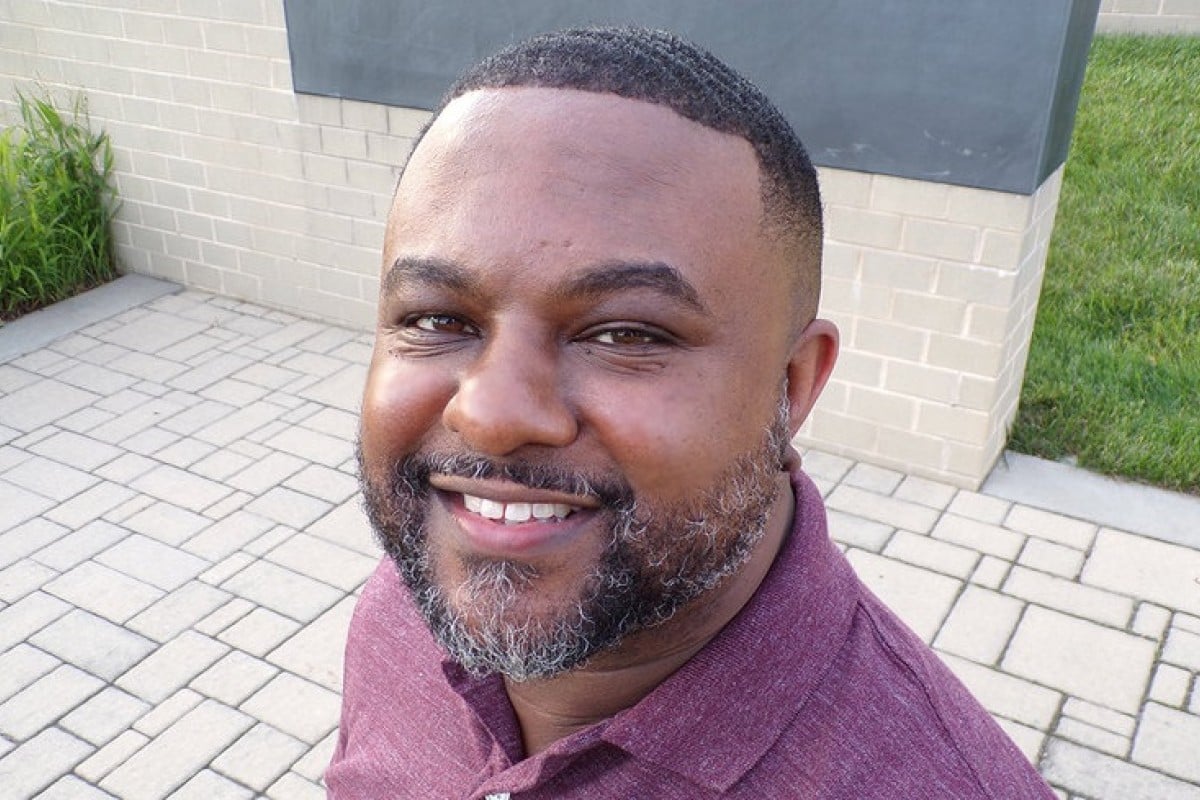
American YA author Lamar Giles of ‘Fake ID’ on why diversity in books is so important for the next generation
The co-founder of non-profit organisation We Need Diverse Books cites his mother and young people as inspiration for his writing
 American author Lamar Giles thinks diversity is a necessity in YA fiction.
American author Lamar Giles thinks diversity is a necessity in YA fiction.When Lamar Giles was in junior school, his teacher made his class take part in a short story competition.
“That was mind-blowing to me, because I grew up in a factory town,” he says. “I never understood that people wrote books, and the idea that I could write something super exciting was completely new to me.”
Giles went on to win that competition, and his mind was made up. “When I graduated [secondary] school, I wanted to keep writing,” he says. “Getting a ‘real’ job wasn’t what I wanted to do.”
However, Giles’ initial chosen career path wasn’t that of a writer. He worked in an office, crunching numbers – or processing numerical data – for a health care company. Uninspired, he knew he had to focus his efforts on his true passion: writing.
“I would wake up at 5am every morning, write until 7am, and then go to my day job,” he says. And over the course of 10 years, he started selling short stories and wrote novels that got rejected, before his novel Fake ID was sold to book publishing house Harper Collins in the US.
Fake ID was praised for its fast-paced, action-packed plot; and its portrayal of young people of colour.
“Really, there are two things that inspire my writing,” says Giles. “Number one: my mother. She was a factory worker and encouraged my sister and I to work on our minds.
“[My mother] used to say if we worked on our minds, we could earn a good living for ourselves; at the very least, we could afford air conditioning.”
Giles’ mother worked in a hot, sweltering factory for most of his childhood, but always wished for a better future for her children. He honours her beliefs through his writing. “It’s really something for me to be able to do something cerebral, and do what she wanted us to do.”
Giles’ other inspiration is young people. “I remember a time when my friends and I started to break away from reading, because we weren’t seeing ourselves in books,” he says. His books, as a result, tend to focus on the African-American experience. “I can’t tell you how gratifying it is to go to school and have a young, black child say to me: thank you for writing a hero that looks like me.”
Giles, along with fellow author Ellen Oh co-founded We Need Diverse Books, a non-profit organisation that encourages big publishers to create and promote literature that depicts and honours the lives of all young people.
It started as a hashtag in 2014, and quickly gained popularity online. “The industry could no longer pretend that this audience wasn’t out there,” says Giles.
And if you compare data from 2014 to today, it’s evident that this movement has started to shift the paradigm. According to publisher Lee and Low Books, the percentage of people of colour in books was 31 per cent in 2017. This is 17 per cent higher than it was in 2014.
For Giles, the need for diversity in books is very personal.
“I grew up in the Deep South in a predominantly white state, where many people still worship the confederate flag,” he says.
“I have been pulled over by the police for no reason, and have had police pull guns on me just to mess with me.”
Giles says that he has learned to navigate these issues and deal with them. But he hopes for a better future for young people of colour.
We Need Diverse Books recognises all diverse experiences, including race, religion, disabilities and gender identity.
Giles emphasises the importance of telling these stories. “Children love the ability to read about people they may have never encountered,” he says.
“I think this is the key to creating empathetic children, who go on to become empathetic adults.”
“I can’t wait until today’s youth are of an age where they can vote, or run for office,” he says. “They are the leaders we need.”
